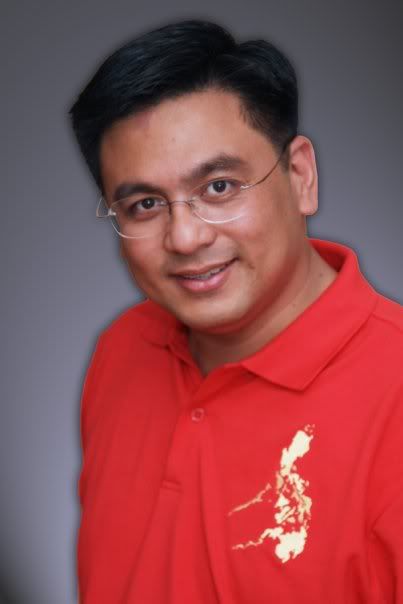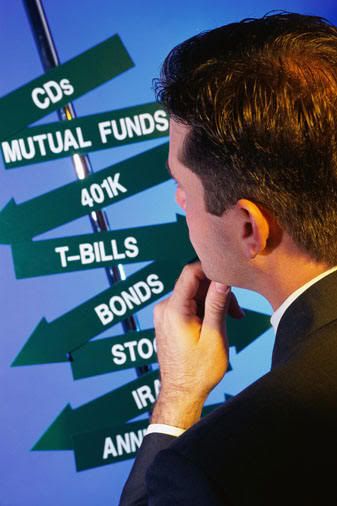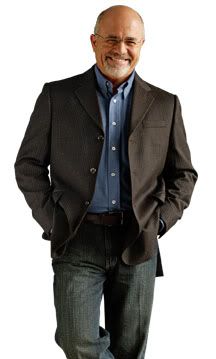There is hope for Philippine politics after all (part 1)
By Randell Tiongson on September 21st, 2009Integrity is consistency of actions, values, methods, measures, principles, expectations and outcome — Wikipedia
Like many Filipinos, I have become cynical, distrusting, disgusted and at times apathetic when it comes to our government, especially our politicians. Whatever ideals about government and politicians I had as a youth has not only been toned down by the years, it’s been practically obliterated.
I grew up in the martial law years and like majority of the Pinoys of my time, we had issues with Marcos and his cronies. I can still remember how I participated in the noise rally for Ninoy in the late 70’s honking the horn in my bicycle. By my college years, my political beliefs was awaken and held on to the belief that if we change the rulers of this nation, things will be better. I was so excited that I will be able to vote for the first time during the snap election and went all the way in campaigning for Cory Aquino (something I will always cherish). Months after, I found myself in EDSA for about 4 days full of hope to see the changing of the guards for the nation. I don’t regret my participation in all of these and I am proud I was part of pivotal events in Philippine History. But, it seems that the situation in the last 20 years has gone from bad, to worse – especially with the politicians. I sometimes wonder if we really help the country by changing tyrannical leaders not once but twice. I suppose only history can be the real judge. What is evident now is the deteriorating state of Philippine politics. It’s very hard to find real patriots amongst the people that govern us, nary a statesman in our elected officials, and we have multiple political parties without any real ideology. Ironically, the only political group that has a real ideology would be the Communist Party – wrong ideology but still an ideology nonetheless.
Time and events had made me cynical and I must admit that I am not really hopeful about our politics. Without good politicians, there will not be good politics. Without good politics, how can we run the affairs of the state properly? Sometimes I wonder… do we have the right to complain? Didn’t we elect those who govern us? By logic, the state of our politics is a direct implication of the choices we make – a bitter pill to swallow, indeed.
Just when I thought that there is zero hope for Philippine politicians, I met a politician that disturbed by cynicism, challenging my lack of hope. Enter Congressman Ruffy Biazon…. (to be continued)

Catch part 2 of this blog.
“if it is encouraging, let him encourage; if it is contributing to the needs of others, let him give generously; if it is leadership, let him govern diligently; if it is showing mercy, let him do it cheerfully.” (Romans 12:8, NIV)



